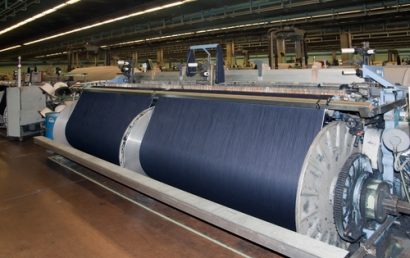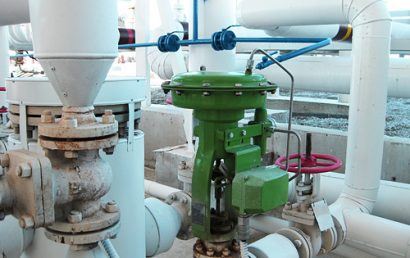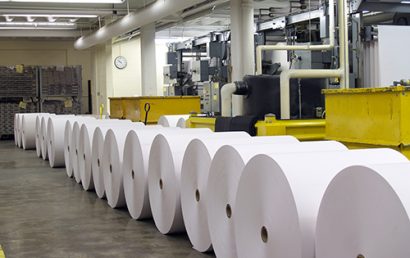Industry Spotlight: Food And Beverage Processing
It comes as little surprise that food and beverage processing components are frequently subject to high levels of wear and corrosion. Furthermore, those components’ coatings, to which drinks and food are exposed, must be FDA approved for use.
Protective and utilitarian coatings, through the years, have assisted untold businesses in the maintaining of the highest possible quality for their beverages and foods. These coatings can also be instrumental in maintaining the best possible levels of safety. Companies that apply the coatings in question must be trustworthy, reliable thermal spray coating businesses. The company you choose should have been in business for years. An esteemed business knows what it takes to succeed in this highly specialized industry.
What Kind of Spray and Coating Services Are Available?
When it comes to the beverage and food processing industry, it is essential for spraying and coating solutions to guarantee the longest service lifespan possible for the equipment used in such an industry. Let’s take a look at some of the applications that would be included in beverage and food processing industry thermal spray coating services:
Sleeves, Pump Shafts, And Impellers
Wear resistance in these components can be greatly improved by using thermal spray coatings. When it comes to shafts and sleeves, it is mostly seal surfaces and bearings that are coated. In order to achieve an extremely fine finish, grinding can be performed. Ordinarily, finishes mostly come in on the low-end with a range of 4 to 6 micro-inches Ra. This is usually accomplished in order to facilitate seal surfaces’ lubrication. However, as an option other than eco-unfriendly hard chrome plating, these types of coatings make a wise alternative choice.
Coatings For Homogenizer Plungers
When it comes to homogenizing products like milks or juices, a homogenizer plunger is usually used. For the best wear and corrosion protection, coatings should have an oxide and ceramic mixed in or included. A hardness range of 71-76HRC is the general acceptable range. Higher tolerances can, however, be developed. In order to accomplish this, coatings might additionally be subjected to grinding and polishing. With these homogenizer plunger coatings, it is possible to illuminate the problems that hard chromium plating offers, such as environmental concerns.
Coatings For Pump Seals
Chromium oxides make up the metal oxides ceramic coatings that are used on mechanical pump seals. This is because they are frequently made up of stainless steel variants such as 316L SS. For added resistance to wear and corrosion, however, materials containing carbide are additionally used. Because these materials and equipment come into contact with food, these coatings are ideal. Coating variance between 75 and 70 HRC is the general hardness. When applied correctly, these coatings can efficiently ward off wear and corrosion from even materials that are highly abrasive.
If you are in the food and beverage industry and would like to find out how thermal spray coatings can help you and your business, contact us today A&A Coatings.



